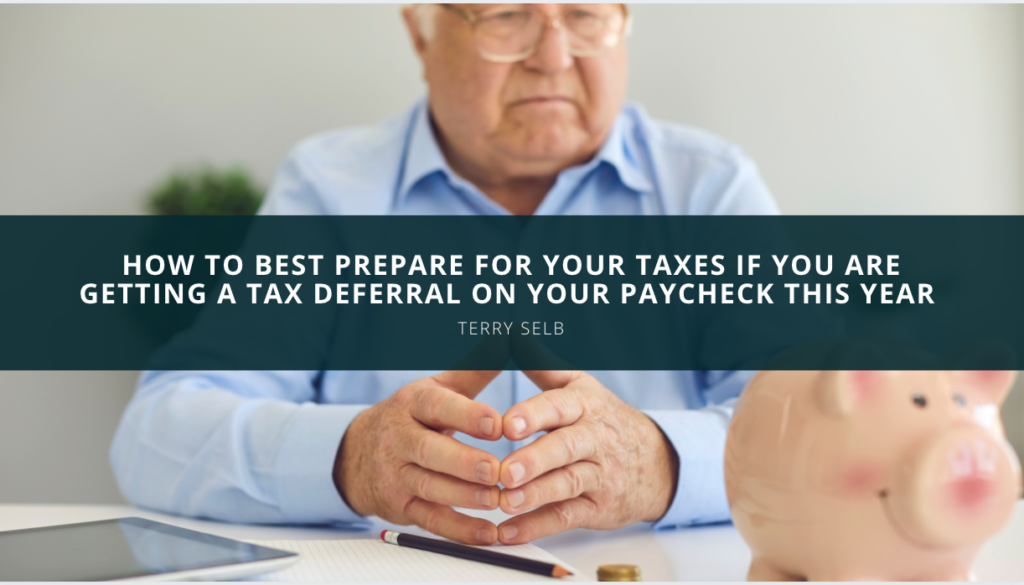Do I Need to Worry About Being Audited? Navigating the Maze of Tax Audits


Tax season inevitably brings with it a sense of trepidation and uncertainty. Many of us sigh with relief once our taxes are filed, but that small voice inside keeps asking, “What if I get audited?” The word “audit” conjures images of complex financial scrutiny and potential penalties, instilling fear in even the most diligent taxpayer. But do you need to worry about being audited? The answer might surprise you.
Understanding the Odds
Firstly, it’s essential to understand the statistics. According to data from the IRS, less than 1% of individual tax returns are audited yearly. The audit rate is even lower for people under $200,000. So, the odds are relatively low for the average taxpayer.
However, this percentage increases for higher-income earners, those with complicated tax returns, or those who run businesses. For example, the audit rate for people earning more than $1 million annually is closer to 3%.
Red Flags
The IRS uses sophisticated algorithms to select tax returns for audit. Some common “red flags” that may trigger an audit include:
- Unusually high deductions compared to income
- Reporting too much or too little income
- Inconsistent information when compared to previous tax years
- Large amounts of cash transactions
- High expenses claimed for a home office
- Complex foreign financial transactions
If you avoid these red flags and have an ordinary financial situation, your likelihood of an audit is generally low.
Types of Audits
Not all audits are equal. They range in complexity from correspondence audits (where the IRS requests additional documentation via mail) to office audits (a meeting at an IRS office) and, the most dreaded, field audits (when an IRS agent comes to your home or business). Each has varying levels of scrutiny and requirements for documentation.
Tips for Avoiding an Audit
1. Double-Check Your Work: A simple math error can be a red flag.
2. Be Honest: This might sound obvious, but knowingly under-reporting income or inflating deductions quickly invites scrutiny.
3. Use Professional Services: If you have a complicated financial situation, consider hiring a CPA or using reputable tax software to help you file.
4. Be Consistent: If significant changes in your deductions or income exist, be prepared to explain them.
5. Keep Thorough Records: A well-documented paper trail makes responding to any IRS inquiries easier.
What If You Are Audited?
The first thing to do is not panic. Audits can be stressful, but they are manageable. Gather all the necessary documentation, consult a tax professional if needed, and be prepared to answer questions and clarify discrepancies. Many audits result in no additional taxes owed, and some even end with a refund.
If you disagree with the findings, you have the right to appeal. IRS agents are human and can make mistakes, or you may have additional information that could influence the outcome.
Do you need to worry about being audited? For most taxpayers, the answer is likely “no” – especially if you’ve been honest and careful in your tax preparations. But it’s always good to be prepared, just in case. Keep your financial records organized, be mindful of red flags, and consider seeking professional help if your tax situation is complex. By taking these steps, you’ll minimize the risk of an audit and make the process far less intimidating if you are one of the few selected.
